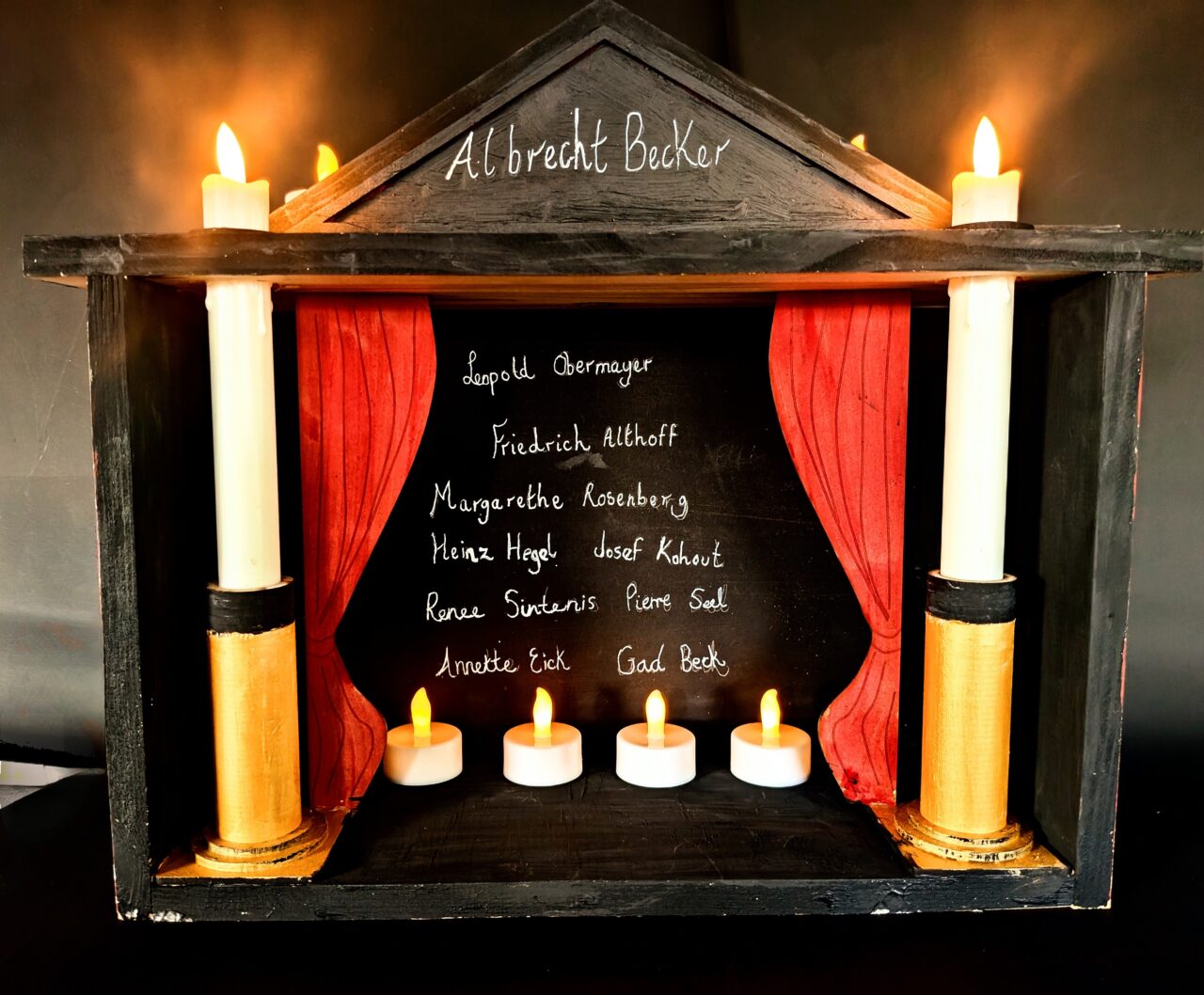Search
Search for something

Baronita Adam
Baronita Adam is a member of the Roma community. Through a project with the Roma Support Group, she has spoken about the prejudice she has faced in her lifetime, and shared her mother’s memories of being targeted by the Nazis and imprisoned in a concentration camp.
Learn about the Holocaust and where persecution led in Cambodia, Rwanda, Bosnia and Darfur
The Holocaust is central to Holocaust Memorial Day and we remember the six million Jewish men, women and children murdered during the Holocaust. We also commemorate the millions more people murdered through the Nazi persecution of other groups and where persecution led in Cambodia, Rwanda, Bosnia and Darfur.
Resources order form

A Story in Every Flame: Commemorating 80 Years
A powerful nationwide arts and education exhibition commemorating 80 years since the liberation of the Nazi’s Auschwitz-Birkenau concentration camp has been launched by The Holocaust Memorial Day Trust (HMDT) and will tour the UK throughout 2025.